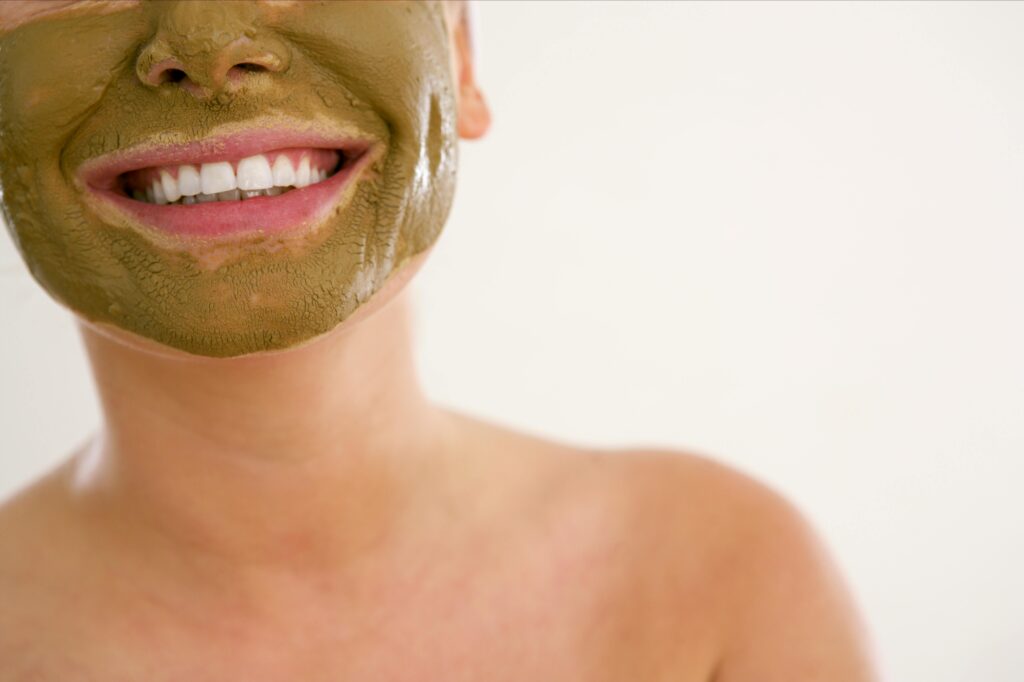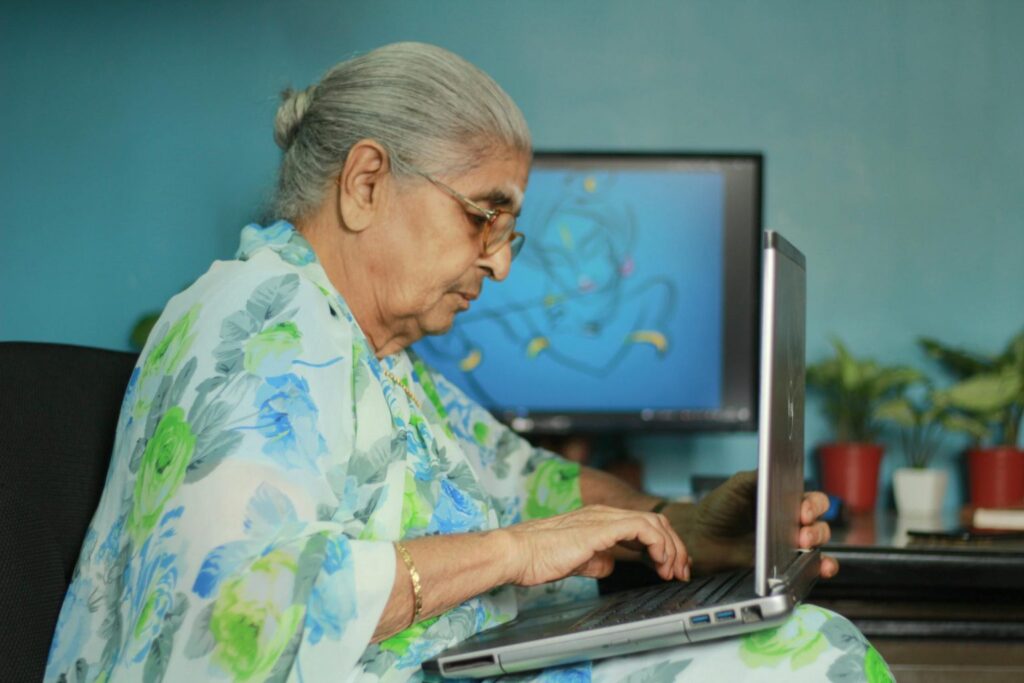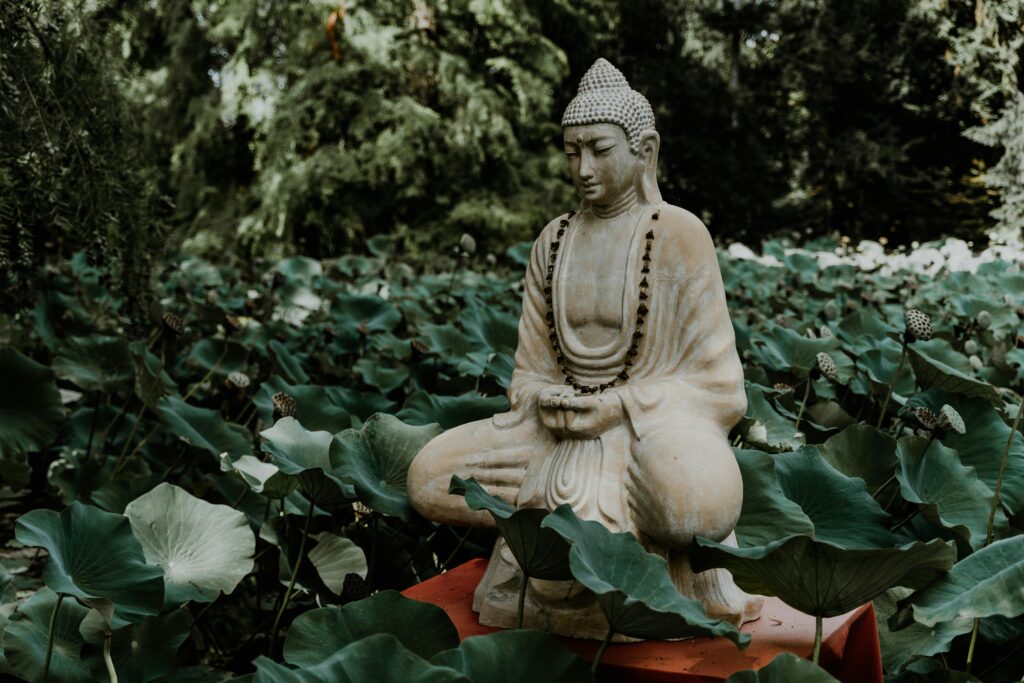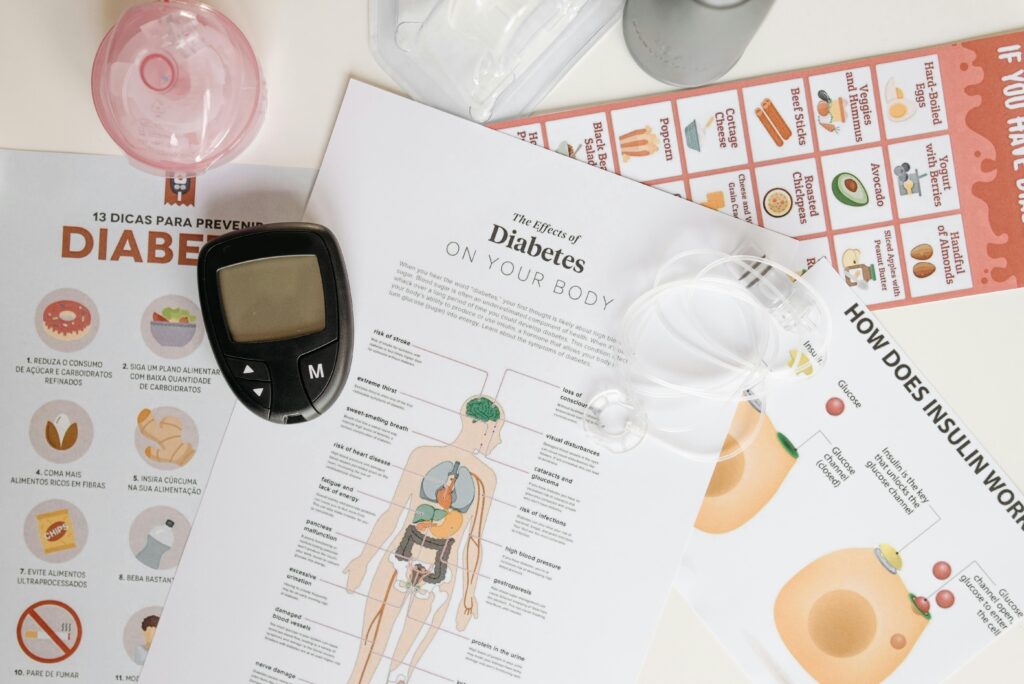The monsoon season brings much-needed relief from the summer heat—but also brings a unique set of challenges for skin health, especially for older adults. As we age, our skin becomes thinner, more sensitive, and less able to retain moisture. Add high humidity, fluctuating temperatures, and damp conditions to the mix, and the skin becomes more prone to fungal infections, rashes, and irritation.
For seniors, maintaining good skin hygiene and choosing the right skincare habits during the rainy season isn’t about vanity—it’s about staying comfortable, healthy, and infection-free. Here’s how.
🌧️ Why Monsoon Is Tough on Older Skin
During the monsoon:
- The air is heavy with moisture, but the skin can still become dry and itchy.
- Wet clothes, socks, and shoes create the perfect environment for fungal infections.
- Sweat doesn’t evaporate easily, causing clogged pores and skin irritation.
- There is more exposure to bacteria and fungi, both indoors and outdoors.
For seniors, whose skin already produces less oil and has slower cell regeneration, even a minor issue like a rash or cut can take longer to heal.
🧴 Essential Skincare Tips for Older Adults in the Rainy Season
1. Keep the Skin Clean and Dry
Gently cleanse the skin twice a day with a mild, pH-balanced soap or cleanser. During the monsoon, skin is prone to fungal growth in areas like underarms, groin, toes, and folds of the skin.
- Use a soft towel to pat dry—never rub harshly.
- Focus on drying areas that remain damp.
- Change out of wet clothes and socks immediately.
2. Moisturize, Even If It’s Humid
Humidity might make the air feel damp, but skin can still get dehydrated—especially for older adults. Look for:
- Light, non-greasy moisturizers for the day
- Slightly richer creams for night, if skin feels dry
Avoid heavily fragranced lotions that might irritate sensitive skin.
3. Wear Comfortable, Breathable Fabrics
Stick to loose-fitting cotton clothes. Avoid synthetic fabrics that trap sweat and moisture.
- If mobility is an issue, caregivers can help choose easy-to-change outfits.
- Use cotton socks, and avoid re-wearing damp ones.
4. Protect the Feet
Older adults are at high risk for fungal infections between the toes and around the nails.
- Wash feet daily with warm water and dry thoroughly.
- Apply antifungal powder or medicated talcum if prone to athlete’s foot.
- Choose open, anti-skid footwear at home; waterproof and breathable shoes when stepping outside.
5. Don’t Skip Sunscreen
Even on cloudy days, UV rays can penetrate the skin and cause pigmentation, dryness, or damage. Choose a sunscreen with:
- SPF 30 or higher
- Broad-spectrum (UVA & UVB) protection
- Gentle, non-irritating formula
Apply on face, arms, and any other exposed areas before stepping out.
6. Manage Itching and Rashes Early
Don’t ignore skin irritation or persistent itching, especially in elders with diabetes or sensitive skin.
- Use calamine lotion or prescribed topical creams.
- Keep fingernails trimmed to avoid scratching.
- If there’s redness, oozing, or swelling, consult a doctor early.
7. Keep Hydrated for Healthy Skin
Many seniors reduce water intake during monsoon, thinking it’s not necessary. But hydration is critical for skin health.
- Encourage warm fluids like soups or herbal teas.
- Aim for at least 1.5–2 liters of fluid intake unless restricted medically.
8. Be Cautious With Home Remedies
While natural treatments like neem or turmeric can help, seniors often have delicate skin. Avoid:
- Lemon juice directly on skin (can cause burns or irritation)
- Overuse of strong essential oils
- Random DIY packs that may not be skin-type appropriate
When in doubt, go for mild, time-tested options like sandalwood paste or rose water—if skin tolerates it well.
9. Use Antifungal Powders in Skin Folds
Under the breasts, in the groin area, or under abdominal folds—these areas are often overlooked but are highly prone to fungal infections during humid weather.
- Use talcum or antifungal powder once or twice daily.
- Keep these areas dry after a bath or change of clothes.
10. Watch for Early Signs of Skin Infection
Older adults should be regularly checked for:
- Red patches
- Peeling or cracking skin
- Foul-smelling feet
- Nail discoloration
These are early signs of fungal or bacterial infection. Early treatment prevents complications.
🌿 Skincare Is Self-Care—At Every Age
Looking after your skin in the monsoon isn’t just about creams and powders. It’s about daily comfort, confidence, and dignity. A small itch, rash, or infection can become a bigger issue if ignored in elders. With consistent care, gentle products, and a little more attention to hygiene, seniors can enjoy the rainy season without worry.
If you found these tips helpful or have your own monsoon skincare secrets to share, we’d love to hear from you.
Do like, comment, and share this with someone who could benefit today. 💬💛





